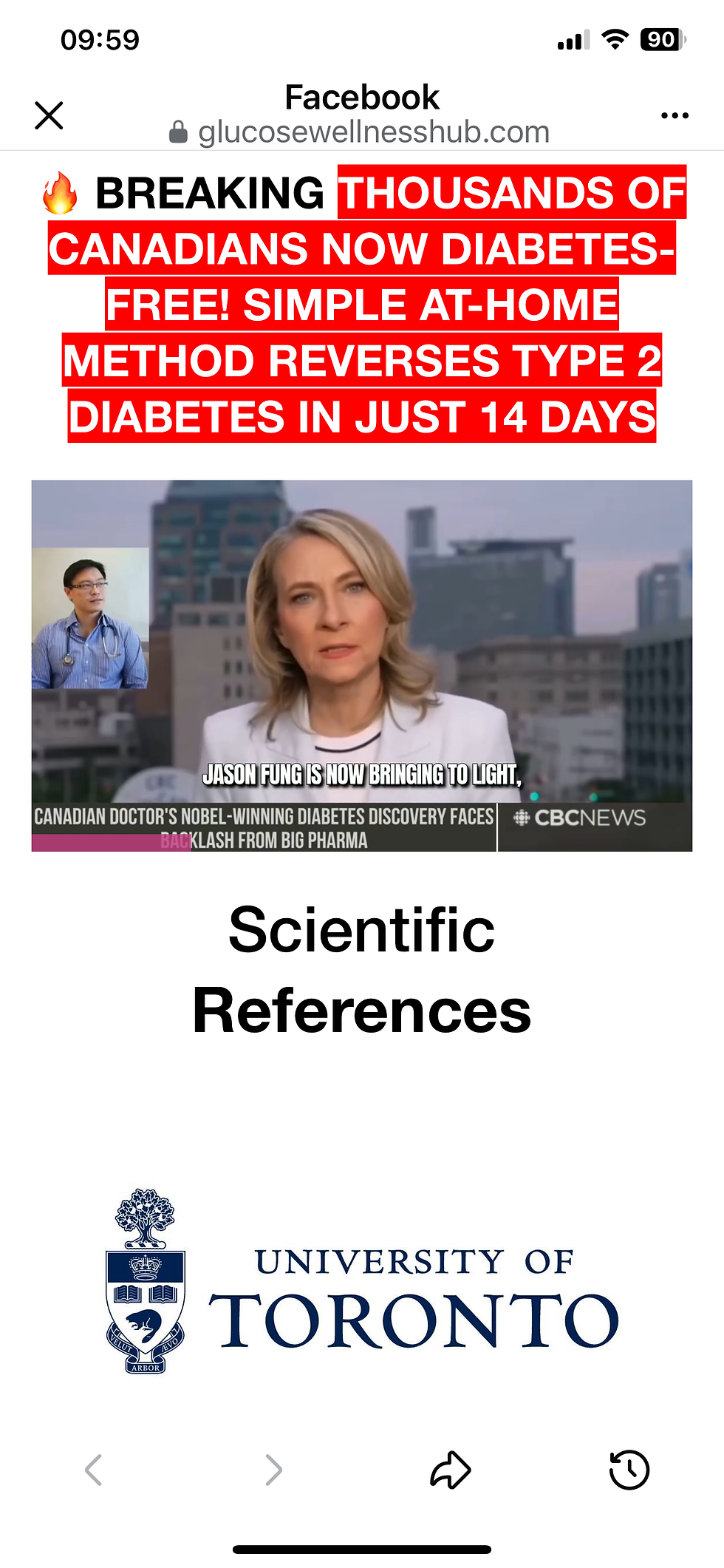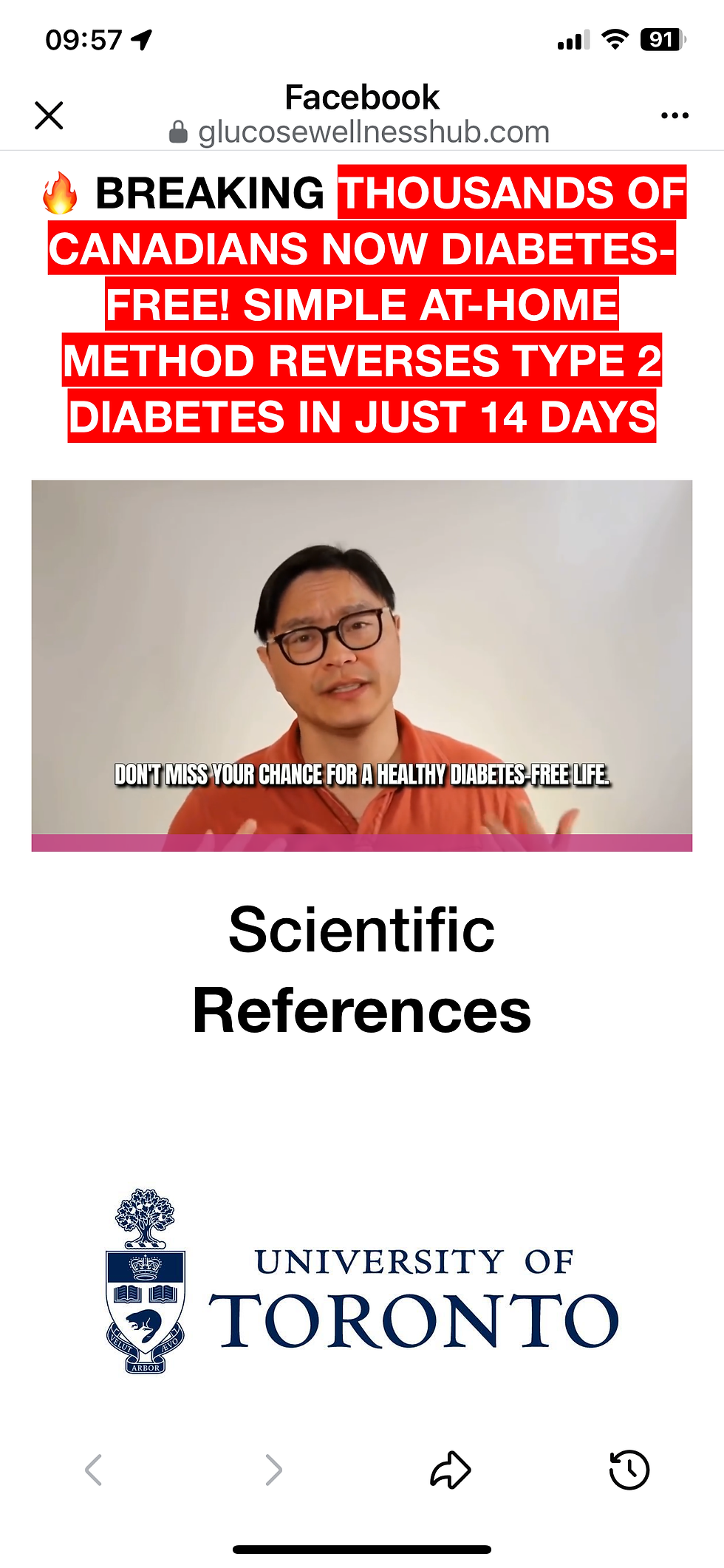Seniors Beware: Medical Fraud and the Rise of Deepfake Scams
- The White Hatter

- Sep 16, 2025
- 4 min read

Although much of our work focuses on youth, teens, parents, caregivers, and educators, we are increasingly being asked to present to seniors as well. Why? Because seniors are now one of the most targeted groups online! The number one threat? Fraud!
Fraud comes in many forms, but one of the fastest growing areas for seniors is medical fraud. These scams play on very real concerns that come with aging. When faced with pain, chronic illness, or conditions that shorten life, many seniors are understandably willing to try anything that promises relief. Unfortunately, scammers know this, and they’re getting more sophisticated.
Why Type 2 Diabetes Is a Target
One health condition that scammers frequently exploit is type 2 diabetes. In Canada, it’s estimated that about one in four seniors has been diagnosed with the disease. (1) Left untreated, diabetes can lead to heart disease, stroke, kidney failure, blindness, nerve pain, mobility issues, and even dementia. Because the risks are more severe in older adults, the promise of a quick fix is tempting, and scammers know how to capitalize on that hope.
The Scam We Investigated
Recently, we came across an online video advertisement targeting Canadian seniors. It claimed that type 2 diabetes could be “reversed in just 14 days” with a supplement called “Blood Balance Plus.”

The video ad looked and sounded very convincing. It included:
What appeared to be a CBC News broadcast, complete with a CBCNews watermark.

A reporter who looked and sounded like respected CBC reporter Adrienne Arsenault.
References to the University of Toronto, “scientific studies,” and even a Nobel Prize for the development for the treatment promised.
The use of a Canadian medical expert Dr Jason Fung who specializes in intermittent fasting when it comes to diabetic interventions.

Throughout the video, the so-called reporter and “Dr. Fung” said he had won a Nobel Prize for his diabetes work and that he endorsed this supplement. When the video ended, viewers were urged to order immediately, with claims like “only 17 units left.” Some screen shots of this article:
At first glance, it seemed authentic. But after some digging, here’s what we found:
Step 1: Checking with CBC
We went directly to CBC’s website and social media. There was no record of this report. In fact, CBC has issued a public statement warning that its journalists will never appear in advertisements promoting products. (2) The watermark, the branding, and the “Adrienne Arsenault” in the video? All fake, likely created with deepfake technology.
Step 2: Checking the Research
There are no peer-reviewed medical studies supporting Blood Balance Plus as a treatment for diabetes. None. The claims were baseless.
Step 3: Checking with Dr. Jason Fung
We reviewed Dr. Fung’s official social media pages on Instagram, Facebook, and YouTube. Nowhere did he mention “Blood Balance Plus” or any “Nobel Prize”. His own clinic confirmed he never endorsed this product. Even when we compared video clips, we noticed clear inconsistencies between the real Dr. Fung and the version in the ad. More importantly, we connected directly with Dr. Fung and he confirmed that he does not and never has endorsed “Blood Balance Plus”. The video interview of Dr Fung used in the advertisement was an extremely realistic deepfake video.
Why This Matters for Seniors
This example shows how scams are evolving. In the past, fraudsters relied on poorly written emails or suspicious phone calls. Now, with deepfake audio and video, even experienced and well-informed people can be fooled. (3) These fake endorsements from trusted doctors or journalists make the scam more believable, and much more dangerous.
When someone is living with a chronic condition like diabetes, it is easy to understand why they might reach for what looks like a miracle cure. However, these false promises not only waste money, they can also delay proper treatment, putting health at serious risk.
What Seniors Can Do
Here are some simple steps to help protect yourself:
Be skeptical of “miracle cures.” If something promises to reverse a lifelong condition in two weeks, it’s likely a scam.
Check official sources. Visit the real CBC or Health Canada websites rather than trusting what you see, hear, or read in an ad.
Confirm with your doctor. Before trying any new product or supplement, talk to your healthcare provider.
Look for peer-reviewed evidence. Real medical breakthroughs will be published in scientific journals, not just advertised on social media.
Watch for urgency tactics. Phrases like “only 17 left” or “order in the next 10 minutes” are designed to make you act without thinking.
Medical fraud targeting seniors is not new, but the use of deepfake technology is making scams extremely hard to spot. What once looked like obvious trickery can now pass as legitimate news or expert advice. This is why awareness matters.
If you are a senior, or you have parents or grandparents online, share this article and our message: slow down, double-check, and never buy into quick-fix promises. Scammers are evolving, but so can our ability to spot them.
Digital Food For Thought
The White Hatter
Facts Not Fear, Facts Not Emotions, Enlighten Not Frighten, Know Tech Not No Tech














